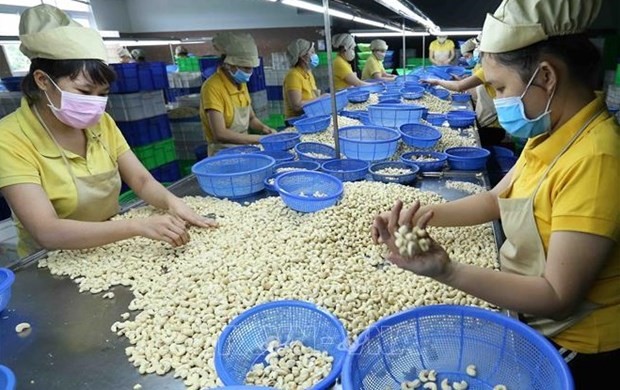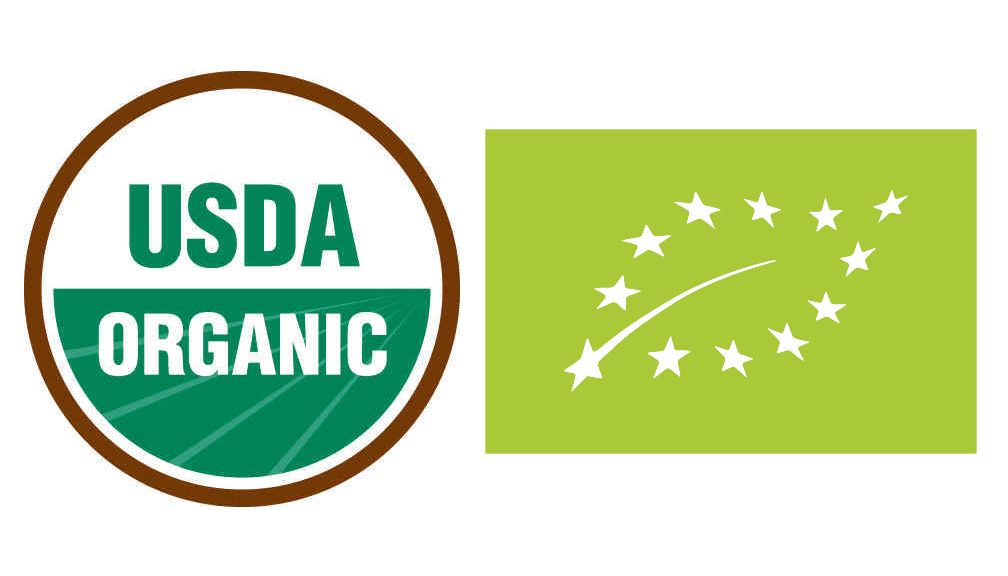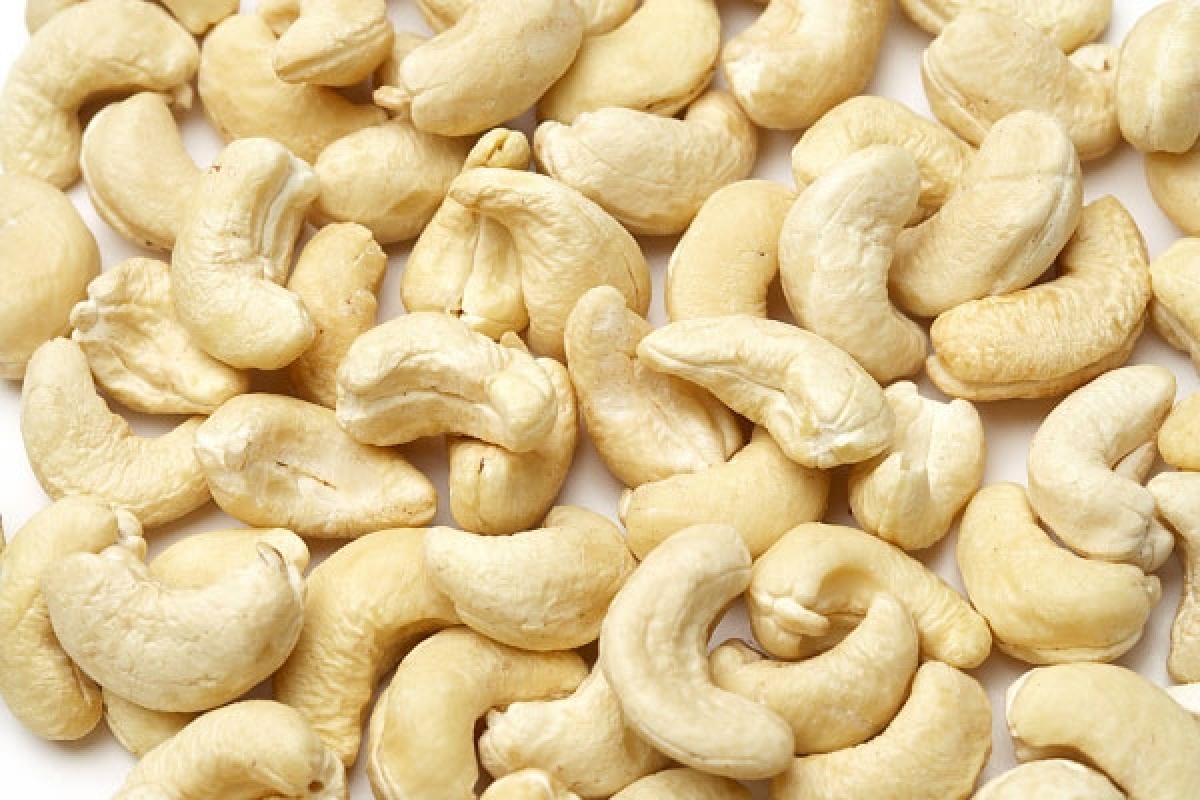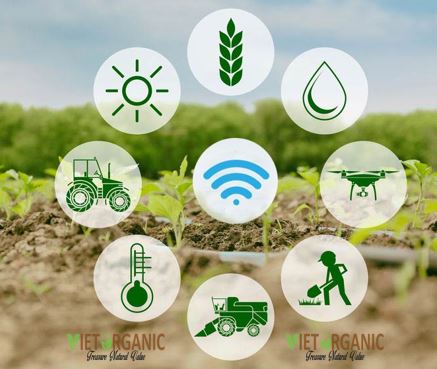What are the benefits of Cashew Kernels?
Various studies link cashew consumption to a reduced risk of cancer and diabetes. Cashews contain many antioxidants, vitamins and minerals, all of which contribute to the health of the human nervous system and other nutrients.
Cashew nutrition
Various studies link cashew consumption to a reduced risk of cancer and diabetes. Cashews contain many antioxidants, vitamins and minerals, all of which contribute to the health of the human nervous system and other nutrients. Cashews are a good source of fatty acids, which support memory, brain function and fight inflammation. They are high in fiber, which aids digestion and can be used as a food source for beneficial bacteria in the digestive tract. Cashews also contain iron, phosphorus, protein, calcium and other minerals.
Cashews are an excellent source of sterols and monounsaturated fatty acids. They also contain large amounts of protein and amino acids. In addition to their health benefits, cashews can also be a delicious snack. For example, they make delicious nut butters on crackers or delicious vegetarian stir-fries. Cashews can also be eaten raw or roasted. They can also be added to smoothies or other foods.
Fresh cashew kernels have a fat content of up to 48.3% of total weight. Cashew nuts have the most abundant sterol content, b-sitosterol. Total protein content is 21.3 +- 0.8%. The most abundant mineral in cashews is potassium. Other minerals are magnesium and calcium. The lowest heavy metal is zinc. The total sodium content in cashew kernels is 144+-32 mg/kg. Fat in cashews is the largest macronutrient. The average fat content is 0.19 +- 0.02% transFA.
Fresh cashews are a rich source of fiber and sterols. They also contain significant amounts of minerals, healthy fats and amino acids. Their nutritional value can help people maintain a healthy weight and improve heart health. The nutritional value of cashews can be enhanced by using flavored cashews or adding oil. They also provide a good source of fatty acids, including polyunsaturated fatty acids (PUFA). This type of fatty acid is good for the brain. PUFAs help reduce inflammation, which may reduce the risk of cardiovascular disease and cancer.
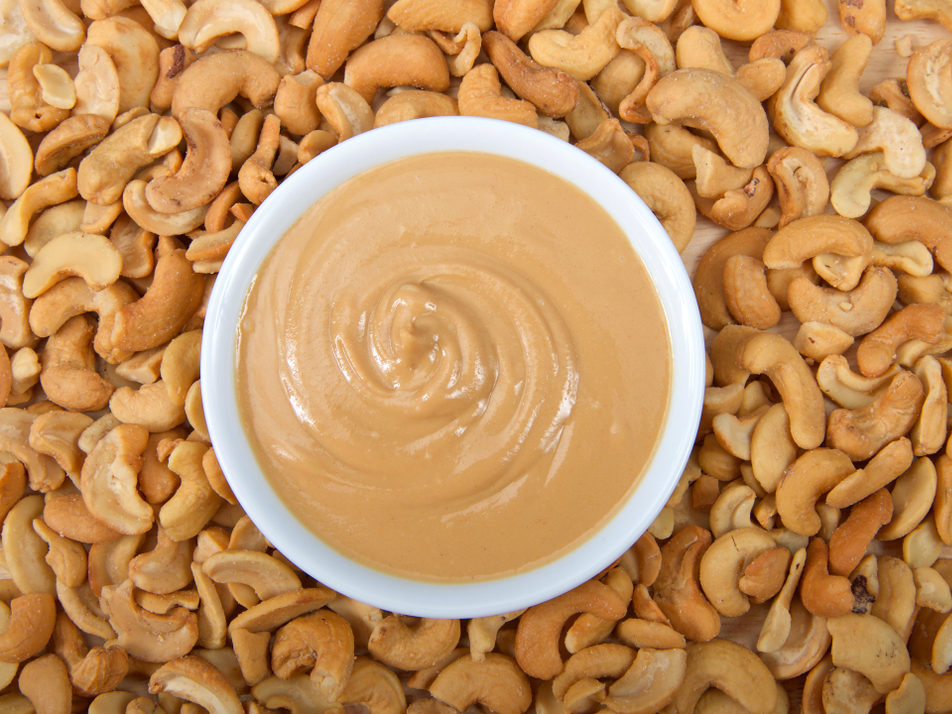
Health Benefits of Cashew Kernel
Several health benefits of cashews have been observed. These benefits include better cholesterol levels, improved blood pressure, lower blood sugar, increased good cholesterol, and improved metabolism. Additionally, cashew kernels are believed to have a protective role against chronic diseases. However, there are also some disadvantages.
Raw cashews contain significant amounts of vitamins and minerals. They also contain significant amounts of fiber, healthy fats, and sterols. These nutrients help reduce the risk of heart disease in people with diabetes.
Cashews can be used as a healthy snack, as a source of protein and as the active ingredient in gravy-based dishes. However, they should be consumed in moderation. If you have diabetes or high blood pressure, you should avoid consuming large amounts of cashews.
Related posts
New records set in agricultural product export revenue
Many agricultural products such as rice, coffee, cashew and durian have set their own records in export revenue, contributing to brightening the picture of Vietnam’s exports for this year.
Viet Organic to be granted with EU and USDA certificates for organic cashew (in addition to ginger, turmeric and pepper)
After close to 5 years of development, Viet Organic has successfully obtained organic certificates meeting EU and USDA for cashew farm and production. (Viet Organic has also obtained organic organic certificates for ginger, turmeric and pepper since 2015 and one of the very first manufacturers to hold organic certificates) Organic cashew farming requires rigorous effort […]
The world’s largest free trade area: RCEP – Regional Comprehensive Economic Partnership
The Regional Comprehensive Economic Partnership (RCEP) is a proposed agreement between the member states of the Association of Southeast Asian Nations (Asean) and its free trade agreement (FTA) partners. The 10 ASEAN countries (Brunei, Cambodia, Indonesia, Laos, Malaysia, Myanmar, the Philippines, Singapore, Thailand, and Vietnam) and Australia, China, India, Japan, New Zealand and South Korea […]
Vietnam cashew: Become the first exporter
Vietnam continues topping the world’s cashew nut exports in 2018, with over 60% of the value of the global cashew nut market (about USD5.7 billion), before India and Brazil. In 2019, even there was a slight decrease in the number of cashew exporting to the world, Vietnam still remains the first cashew exporter in the […]
Smart Agriculture: The furture of farming
Agricultural technologies are being developed to increase productivity and overcome the chemical, biological and socio-economic constraints associated with crop production systems. There has been an growing awareness over the past three decades that innovations need to be adapted to farmers’ circumstances and potential sustainability targets, including climate change predictions. Artificial intelligence (AI) In agricultural production, […]




